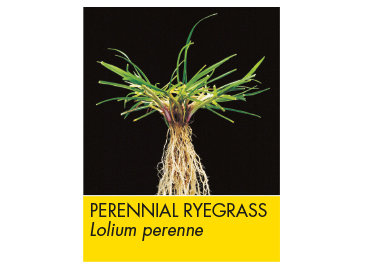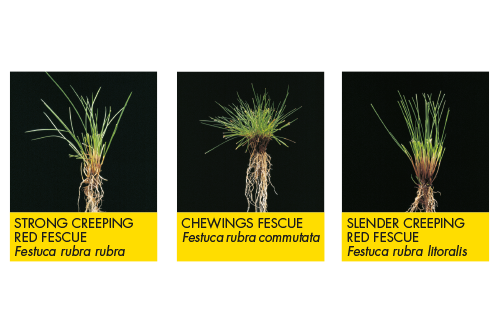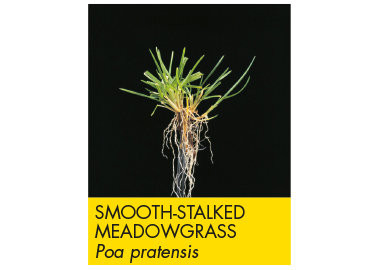Throughout Barenbrug’s rich history, our aim has always been to deliver value for our customers. It is this continuous improvement that sees some of these technologies developed, that could make a difference to turf growers.
Glyphosate tolerance
A Barenbrug-bred perennial ryegrass (Barlicum) has displayed unparalleled tolerance to the herbicide glyphosate in research trials to date. Combined with slender creeping red fescue, it delivers a seed mixture suitable for turf production whilst being exposed to regular small dose rates of glyphosate.
This technology should allow the production of a crop free from Poa annua far more easily.
RPR
Barenbrug-bred technology Regenerating Perennial Ryegrass (RPR) means perennial ryegrass with stoloniferous growth.
A good all-round ryegrass that aggressively produces stolons as it develops is potentially of great interest to turf producers. RPR technology works very well in sports environments and a dedicated turf production grass seed mixture can be developed.
Mow Saver
Slow growing grass, ideal for landscaping turf. Barenbrug-bred cultivars grow at a different rate and produce 40% less biomass (in the form of clippings).
Specialist mixtures
Many other grades of turf or turf products are grown successfully in the UK and Ireland and we have provided a range of mixtures for the following:
- Pure red fescue turf (golf market; fine lawns; low maintenance landscape)
- Fescue/bent turf (golf greens; fine lawns)
- Tall fescue or RTF turf (various landscape and sports applications)
- Rootzone turf (professional sport)
- 100% ryegrass “Hybrid” turf
- Revetting turf
- Low maintenance turf (reduced growth and fertiliser requirements)




